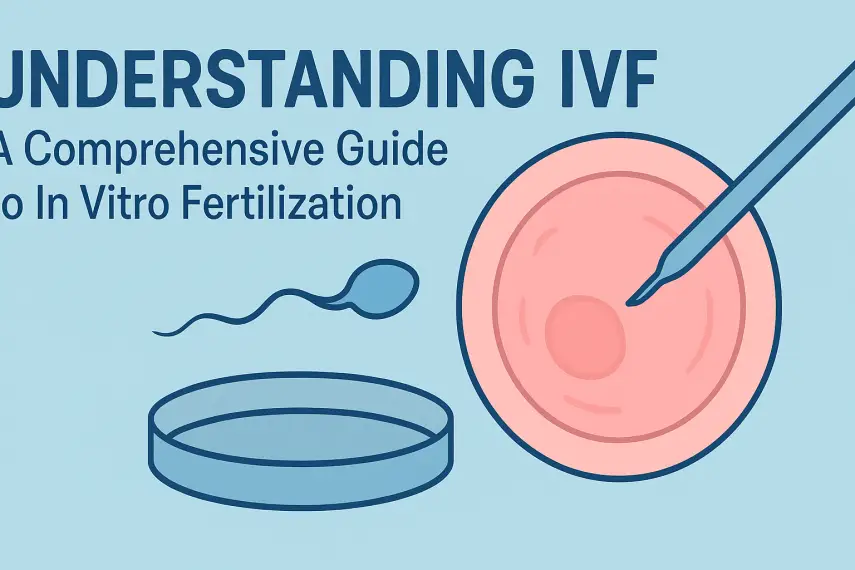
Building Healthy Relationships: Practical Advice for Love & Connection
📑 Contents
Building Healthy Relationships: Practical Advice for Love & Connection
Navigating love and relationships can be both exhilarating and challenging. Whether you're starting a new romance or deepening a long-term partnership, understanding what makes relationships thrive is essential. In this guide, we'll explore practical ways to strengthen your bond, communicate better, and overcome common hurdles. From trust-building to conflict resolution, you'll find actionable advice, a useful comparison table, and answers to frequently asked questions—all designed to help you create a fulfilling, healthy relationship.
Understanding the Foundations of Healthy Relationships

Every successful relationship rests on a few core pillars: trust, respect, communication, and shared values. While every couple is unique, these elements form the foundation for lasting connection and happiness.
- Trust: The bedrock of intimacy, allowing partners to feel safe and secure.
- Respect: Valuing each other's individuality and boundaries.
- Communication: Open, honest dialogue that fosters understanding and connection.
- Shared Values: Aligning on important life goals and beliefs.
If any of these pillars are weak, the relationship may struggle. Recognizing their importance is the first step to building a stronger partnership.
Effective Communication: The Heart of Connection

Communication is more than just talking—it’s about truly listening, expressing yourself honestly, and understanding your partner’s perspective. Many relationship issues stem from misunderstandings or unspoken expectations. Here are some tips to improve communication:
- Practice active listening: Give your full attention, make eye contact, and avoid interrupting.
- Express feelings, not accusations: Use "I feel..." statements instead of "You always..." or "You never...".
- Clarify and paraphrase: Repeat back what you’ve heard to confirm understanding.
- Be open and honest: Share your thoughts and emotions, even if they’re difficult.
- Set aside distractions: Turn off phones and focus on each other during important conversations.
Improving your communication not only resolves conflicts but also deepens your emotional connection.
Building and Maintaining Trust

Trust is earned over time through consistent actions and reliability. It can be easily broken but is crucial for a healthy relationship. Here are strategies to foster and maintain trust:
- Keep promises: Follow through on commitments, big or small.
- Be transparent: Share important information and avoid secrets.
- Apologize and forgive: Acknowledge mistakes and be willing to forgive.
- Respect boundaries: Understand and honor your partner’s limits and privacy.
- Be consistent: Reliability builds a sense of safety and security.
If trust has been broken, rebuilding it takes time, patience, and a willingness from both partners to heal and move forward.
Managing Conflict in Relationships
Disagreements are natural in any partnership. What matters is how you handle them. Healthy conflict resolution can actually strengthen your relationship if approached constructively.
| Healthy Conflict | Unhealthy Conflict |
|---|---|
| Listening to understand | Interrupting or talking over your partner |
| Expressing feelings calmly | Raising your voice or name-calling |
| Seeking solutions together | Blaming or holding grudges |
| Taking breaks when needed | Stonewalling or withdrawing completely |
| Compromising and negotiating | Refusing to budge or listen |
Aim to resolve conflicts with empathy, patience, and a team mentality. Remember, it’s not you versus your partner—it’s both of you versus the problem.
Keeping the Romance Alive
Romance isn’t just for new couples. Long-term relationships benefit from nurturing intimacy and excitement. Here are some practical ways to keep the spark alive:
- Schedule regular date nights: Make time for fun, even if it’s just a walk or a movie at home.
- Express appreciation: Notice and acknowledge the little things your partner does.
- Surprise each other: Small gestures, like a love note or favorite snack, can mean a lot.
- Try new experiences together: Shared adventures, hobbies, or classes can bring you closer.
- Maintain physical affection: Hugs, kisses, and cuddles help maintain intimacy.
Romantic gestures don't have to be grand—consistency and thoughtfulness matter most.
Balancing Independence and Togetherness
Healthy relationships strike a balance between closeness and personal space. Both partners should feel free to pursue individual interests while also enjoying time together.
- Encourage each other’s goals: Support your partner’s hobbies, career, and friendships.
- Maintain your own identity: Keep up with your interests and self-care routines.
- Set boundaries: Discuss what you both need in terms of space and togetherness.
- Communicate openly: Share feelings about time spent apart or together, and adjust as needed.
A strong relationship is built on interdependence—not codependence or excessive distance.
Recognizing Signs of Unhealthy Relationships
Not all relationships are healthy. It’s important to recognize red flags that may indicate emotional, verbal, or physical abuse. Warning signs include:
- Consistent criticism, insults, or belittling
- Controlling behavior or isolation from friends and family
- Jealousy, possessiveness, or lack of trust
- Physical aggression or threats
- Feeling unsafe, anxious, or fearful around your partner
If you or someone you know is in an unhealthy or abusive relationship, seek help from trusted friends, family, or professional resources such as a counselor or a local support organization.
Frequently Asked Questions
How can we rebuild trust after it’s been broken?
Rebuilding trust takes time and consistent effort. The person who broke the trust should take responsibility, show genuine remorse, and be transparent. Both partners need to communicate openly, set clear expectations, and allow time for healing. Professional counseling can also help.
Is it normal to have arguments in a healthy relationship?
Yes, disagreements are normal. What matters is how you handle them. Healthy couples resolve conflicts respectfully, listen to each other, and seek solutions rather than trying to "win" the argument.
How do we keep the romance alive in a long-term relationship?
Keep romance alive by prioritizing quality time, expressing appreciation, trying new activities together, and maintaining physical and emotional intimacy. Small, thoughtful gestures often make the biggest difference.
What should I do if I feel my needs aren’t being met?
Communicate your needs openly and honestly with your partner. Use “I” statements to express how you feel and what you need. Listen to your partner’s perspective and work together to find solutions that satisfy both of you.
When is it time to seek professional help?
Consider couples counseling if you’re facing recurring issues, communication breakdowns, or difficulty resolving conflicts. Therapy can provide tools and a neutral space to work through challenges together.
Summary
Healthy relationships require ongoing effort, empathy, and communication. By focusing on trust, respect, and open dialogue, couples can strengthen their bond and navigate challenges together. Remember to nurture both your connection and your individuality, and seek support when needed. With the right tools and mindset, love and relationships can be deeply rewarding and resilient.











